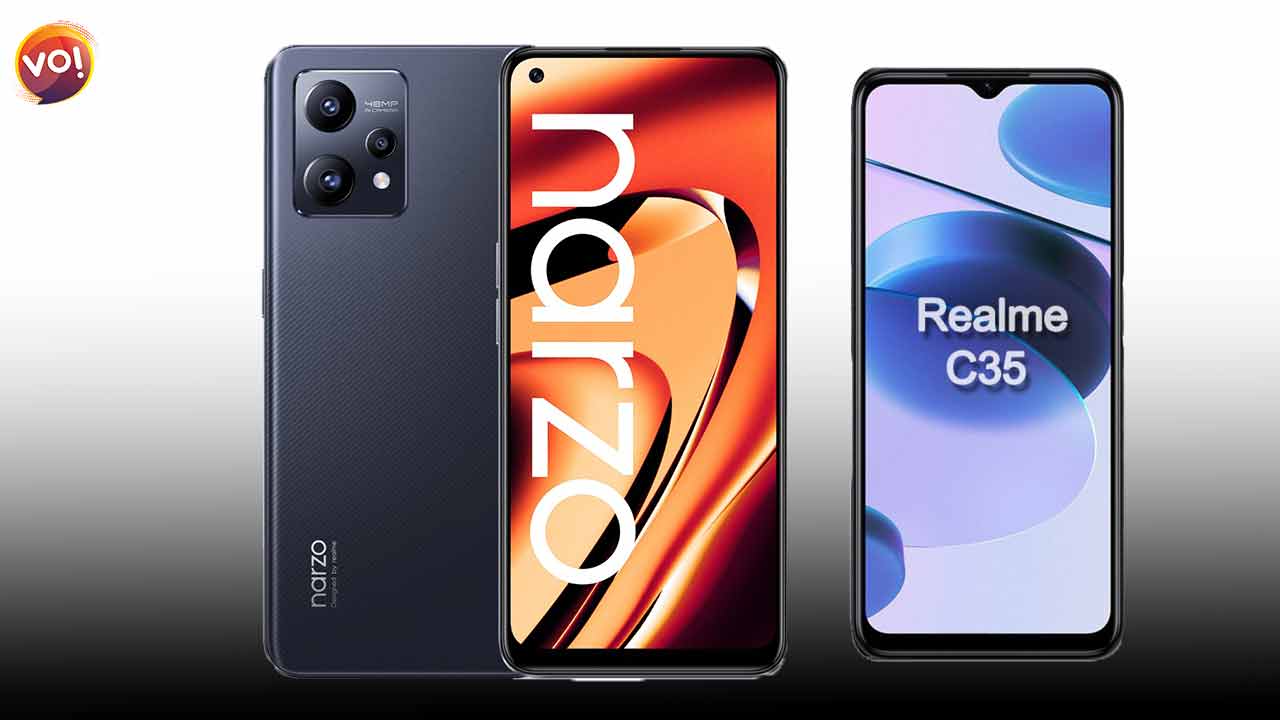Realme has reached the No. 3 position in India with about 600 million smartphone users. All within four years. Encouraged by its gains, Realme unveiled its first global flagship store in PM Modi’s home turf, Gujarat, earlier this month. The 13,000-square-foot space in Ahmedabad (Shyamal Cross) is part of Realme’s plan to become a premium player in India. The company is eyeing global expansion and recently entered European markets.
So how did it all happen? During the pandemic, when a global chip shortage forced many smartphone makers to delay launches, Chinese brand Realme took a risk in India. With processors from global giants such as Qualcomm Inc. in short supply, Realme decided to buy them from a relatively unknown Shanghai manufacturer to be able to keep churning out new handset models.
The move paid off, boosting the four-year-old newcomer’s sales and helping it reach the No. 3 position in the fast-growing market. Only Samsung Electronics Co. and Xiaomi Corp. sold more devices in India in the latest quarter, with Realme closing in.

Interestingly, even global brands like Apple Inc. have struggled with regulatory hurdles. And in recent months, Prime Minister Narendra Modi’s administration has heightened the scrutiny of Chinese companies as the two nuclear-armed nations clash politically.
Yet Realme has so far escaped the government crackdown. All smartphones it sells in India are built in the country, boosting local employment. And Realme is helping India bring new users online with its Android smartphones that can cost less than $100, a fraction of what iPhones and pricier Samsung models go for.
According to Realme’s India boss Madhav Sheth, the company is in compliance with all Indian legal requirements and believes in cooperation with authorities.
Realme’s relatively smooth sailing is in stark contrast with the obstacles its larger rivals have faced. Apple has had to wrestle with the government for years just to open retail stores in the country. It also entered into a legal wrangle with authorities around a state-built spam-detection app that accesses users’ call logs. Then, in the case of Xiaomi, the Indian government the cracked down with an anti-money-laundering agency moving to confiscate more than $700 million from the Chinese company.
Realme has taken advantage of rivals’ challenges by expanding its distribution to more than 40,000 stores and introducing aggressively priced devices such as last year’s Rs 13,999 ($180) Realme 8 5G, the cheapest fifth-generation wireless device at the time. Such tactics have helped it eat into Xiaomi and Samsung’s market share in India.
Also Read: Income Tax Department Raids Chinese Mobile Companies Across India








